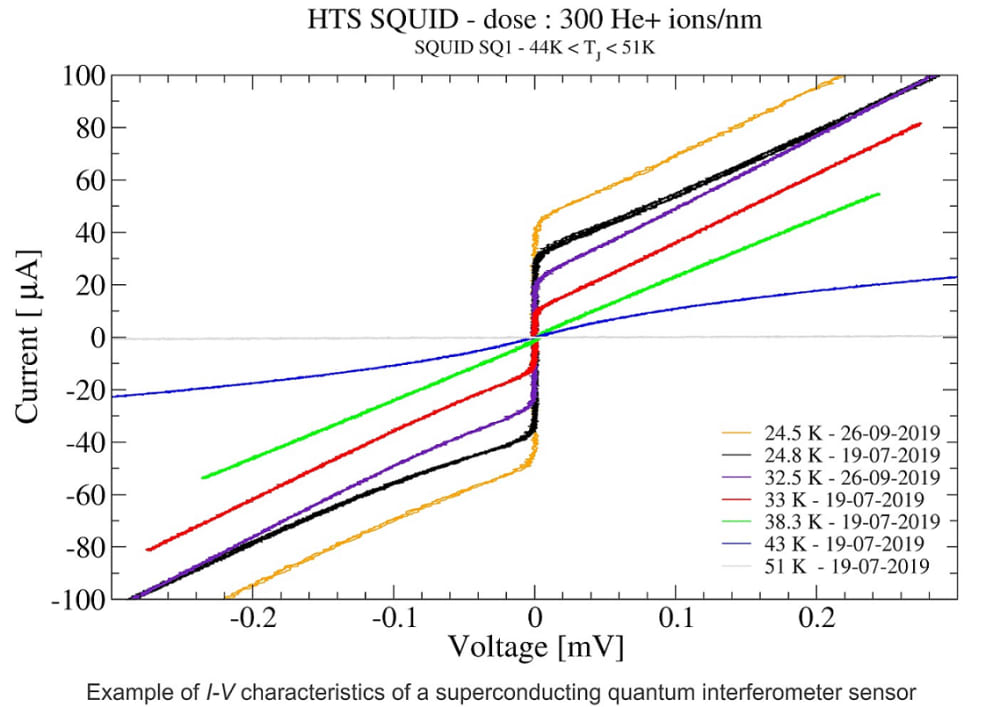
Researchers, engineers, students, and post-doctoral researchers involved in cryogenic experiments are well aware of the substantial time investment required to construct a system before gathering initial data. When starting a new experiment, it may take several years or, at the very least, several months to customize an existing setup to meet specific requirements.
Undoubtedly, the development of vacuum-sealed cryogenic interfaces is necessary for a large range of applications, that require the installation and integration of either specialized amplifiers, circulators, couplers, or sensors into a customized RF, DC, or optical circuitry. At each stage of the process, careful attention must be paid to thermal constraints. Furthermore, since achieving the highest sensitivity, speed, and performance is often a prerequisite, the entire setup must exhibit exceptionally low-noise characteristics. This ensures that the faintest signals can be transmitted to room temperature with minimal distortion.
With the rapid advancements in computing and communication speed, the realm of cryo-electronics and superconducting devices is experiencing significant growth. While many devices have been constructed, there remains a need to test and validate them in the most user-friendly and efficient manner possible.
To address this objective, we are developing an all-in-one turnkey modular cryogenic platform, known as Cryo-P. This platform allows components to be effortlessly placed on the cryogenic stage down to 3K using a patented heat-sunk chip holder with 96 connections. Control and readout of chips or components will be facilitated through user-friendly software, integrated with low-noise electronic amplifiers and current-supply sources.
The Cryo-P platform will resemble a server-rack-like structure, containing all the necessary embedded equipment mentioned. It will provide users with an enhanced experience in signal acquisition and processing, boasting superior performance in terms of ultimate sensitivity, speed (up to a 50-fold increase), and remarkable energy efficiency (up to 100 times more efficient compared to standard measurements). The Cryo-P platform will be modular, offering up to 8 measurement channels per module and accommodating up to 6 modules per rack row.
Certain components of the platform, such as the Neon amplifier board, have already been developed and tested, demonstrating a low noise level of 3 nV/√Hz over a bandwidth of 100 kHz. Other amplifying and acquisition boards are currently under development, and the mechanical parts, including the cryostat, cryo-cooler, and associated equipment, have been identified and require implementation. In summary, a significant portion of the work has already been completed, but several months of testing, building, and programming are still needed to finalize the prototype.
Our groundbreaking Cryo-P platform addresses various markets, including the testing and characterization of superconducting sensors like ultra-sensitive magnetometers for applications in space exploration, geophysics, and medicine, as well as Cryo-CMOS circuits. In the long term, our platform aims to serve the emerging market of 6G telecommunications, which demands higher frequencies, as well as the quantum market, enabling the reading and control of qubits, ultimately targeting the exascale computing market.
Ultimately, our innovation lies in the compact, all-in-one platform for cryo-measurements, designed to be user-friendly and accessible to anyone in need of device cooling.
-
Awards
-
 2023 Top 100 Entries
2023 Top 100 Entries
Like this entry?
-
About the Entrant
- Name:Edouard Rochefeuille
- Type of entry:teamTeam members:
- Lucas IWANIKOV
- Edouard ROCHEFEUILLE
- Software used for this entry:Kicad, FreedCad








